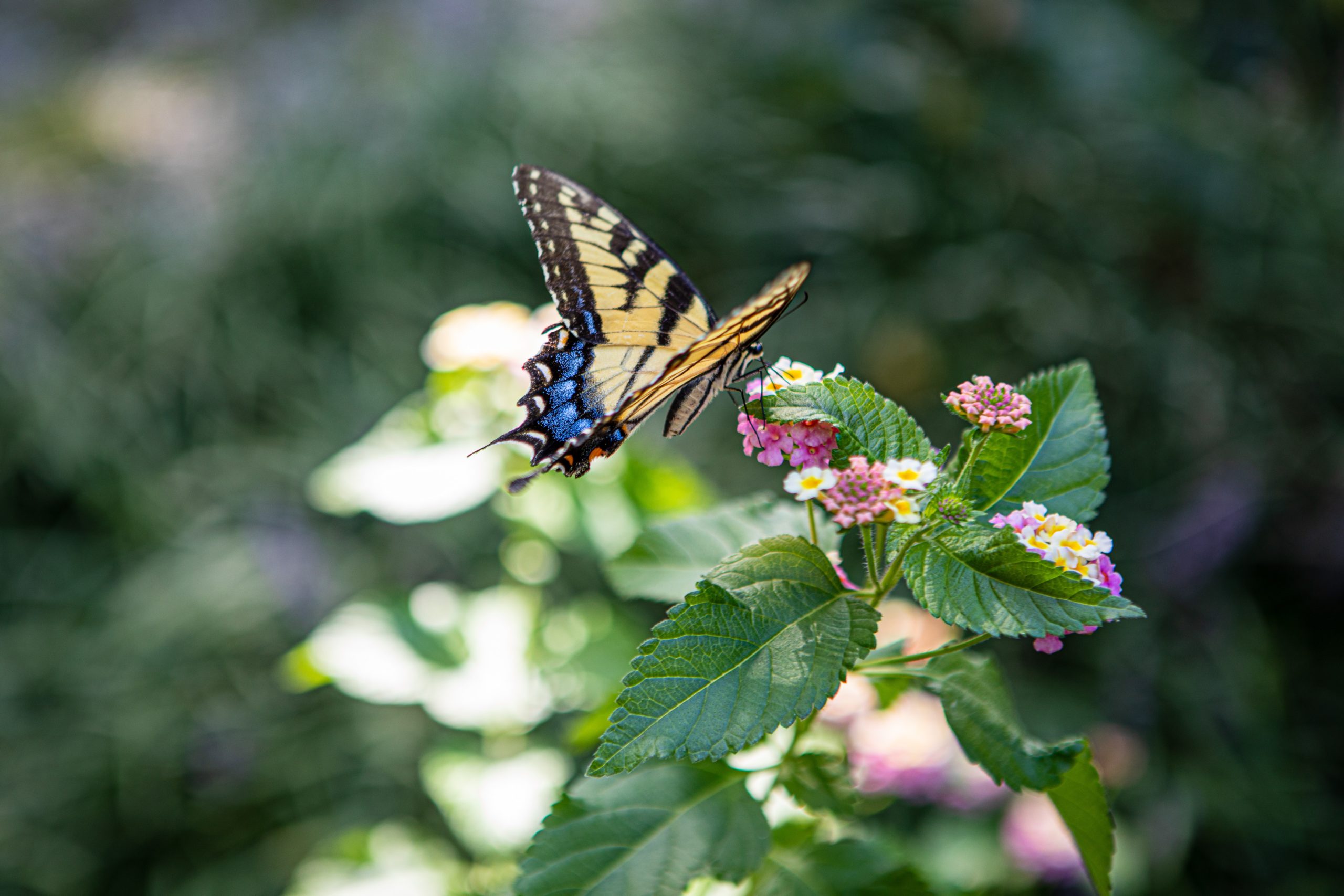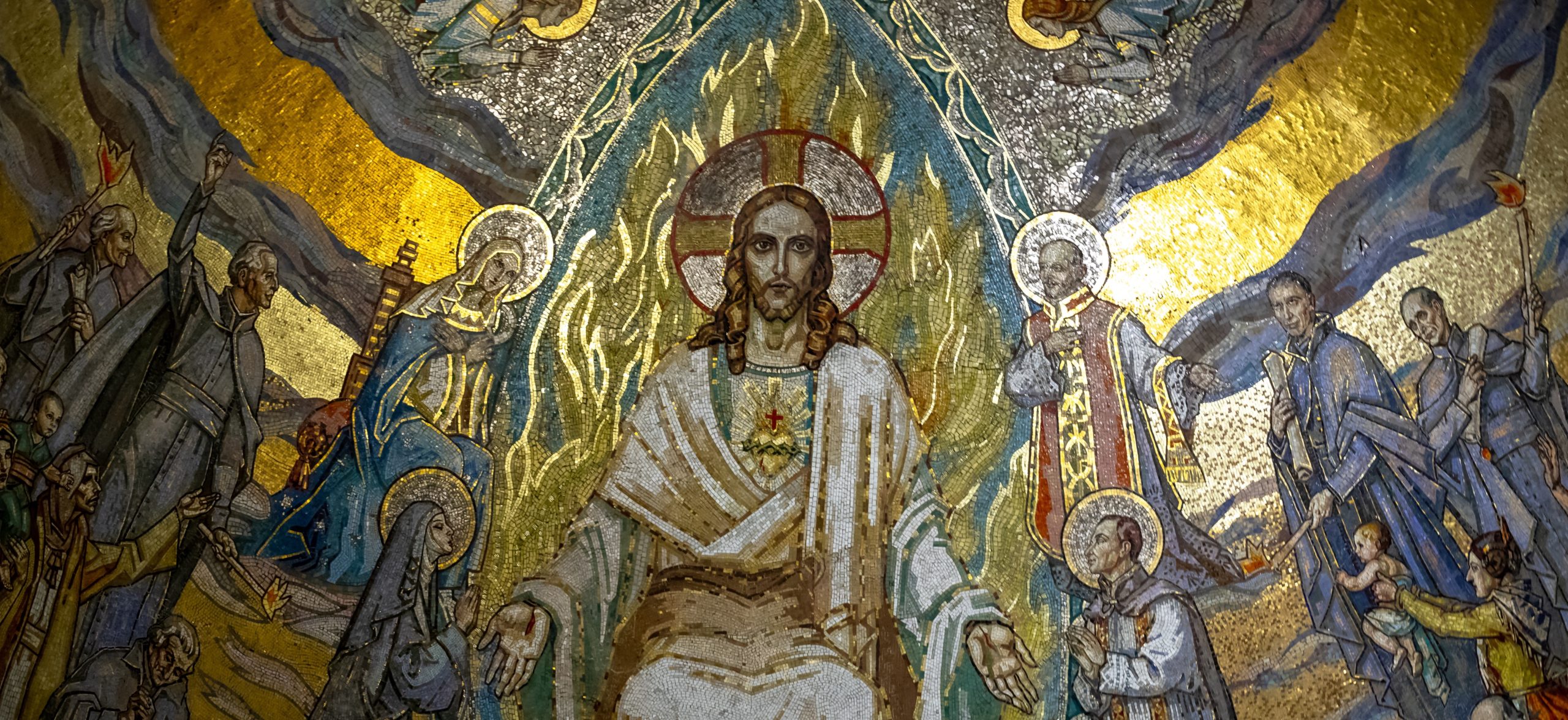Six months ago, as the pandemic spread across America, mayors and governors ordered the closure of many places where members of the public come together in proximity—including, of course, churches. Are these restrictions sensible and appropriate, coming from those with the authority to dictate such closings, or are they an outrageous infringement of religious liberty? Brad Littlejohn cuts to the heart of much of this past year’s debate about the role of the state in the life of the church—and indeed the question of what the state is for. And in the process, he introduces readers to a fourteenth-century Italian physician who is, whether or not they know it, a major influence on the beliefs of most North Americans about church-state relations. We’re all Marsilians now.
Nearly all of us, that is, believe on a nearly instinctive level that church and state do not seek to rule the same kinds of physical space, the same people, in the same way. A building on the Upper West Side of Manhattan may be a church or a school, but it’s also under the jurisdiction of the mayor of New York, and that’s not a problem. But why do we think this way, and what are the alternatives? Above all, what are the implications? One implication, which Marsilius drew and which did not make him any friends with the ecclesiastics of his age, was that the state has the right to govern the physical, this-worldly aspects of the church. It can’t tell the church what to teach—but it sure can tell it that it needs to have a certain number of fire exits.
Marsilius may have been right. But his thought introduces dangerous tendencies: if the church is subject to the physical restrictions of the state just like a bowling alley is, we may be tempted to regard it as something not much more momentous than a bowling alley. “This attitude was thrown into sharp relief,” writes Littlejohn,
during the BLM protests in early summer. A Washington Post article at the time quoted epidemiologist Ranu Dhillion, with no sense of irony: “Protesting against systemic injustice that is contributing directly to this pandemic is essential. The right to live, the right to breathe, the right to walk down the street without police coming at you for no reason . . . that’s different than me wanting to go to my place of worship on the weekend, me wanting to take my kid on a roller coaster, me wanting to go to brunch with my friends.” . . . The striking point here is the blasé assumption that the decision to worship on the weekend is simply a consumeristic choice among a menu of options including . . . brunch dates. If that’s all that church is (and let’s be honest, for many Americans it is), if the blood of Christ and a brunch mimosa are on par, then why shouldn’t we stop these particular consumers from engaging in pandemic-prone practices?
It’s a deep dive into what might be called the archaeology of your own mind, and it’s well worth a read. Things may be other than they are; I may be wrong about the safe boundaries that I’ve drawn between “faith” and “fact,” between the authority of Christ and the authority of the mayor of New York. Marsilius might be right. But understanding why he believed what he believed also opens up the possibility that he might be wrong. Either way, the terms of God’s engagement with our world, our politics, are not what we thought they were. Littlejohn’s piece invites you into an intellectual adventure with grittily practical implications, and it’s just this kind of adventure that we have hoped to map out on Breaking Ground.






